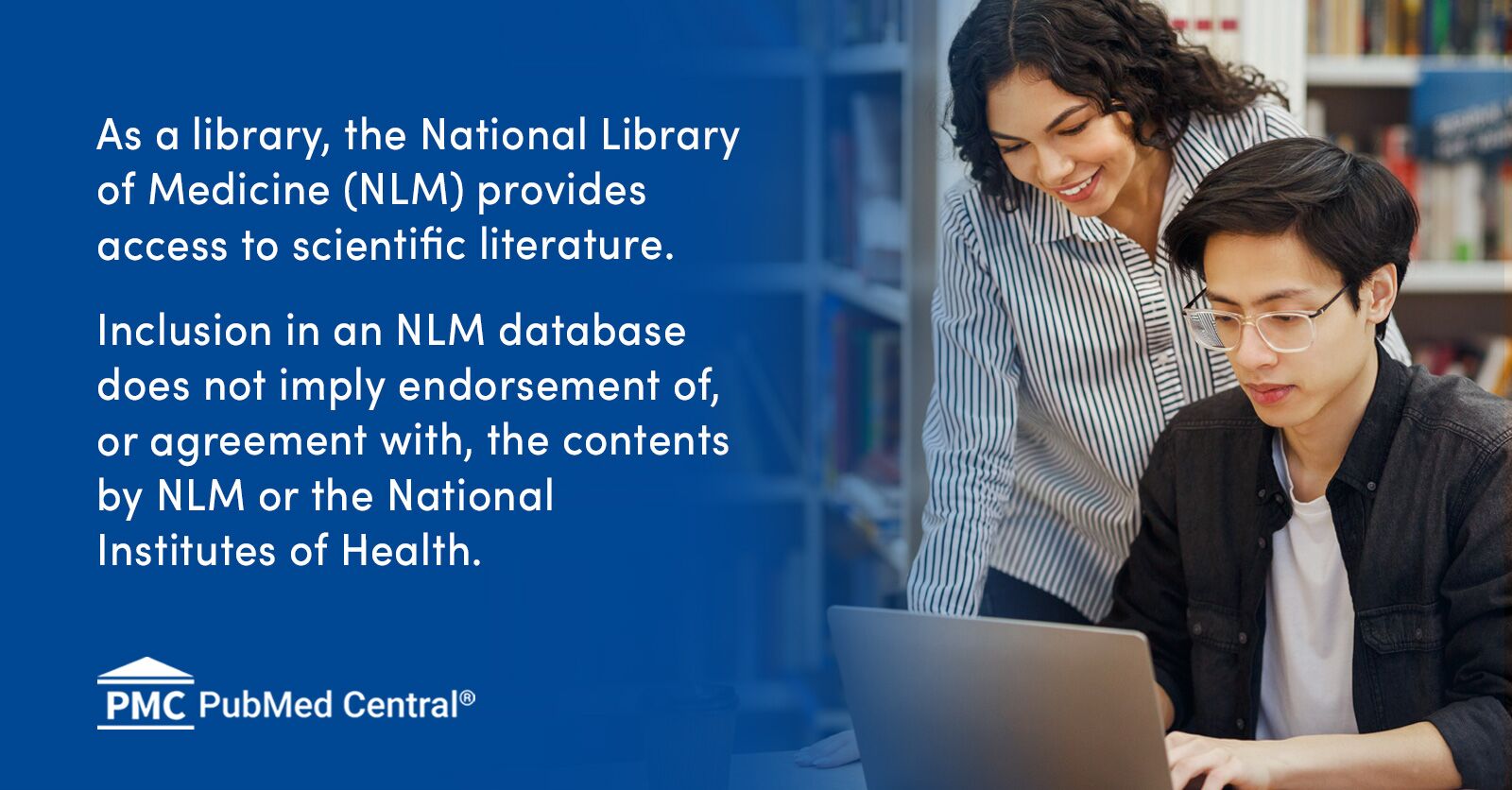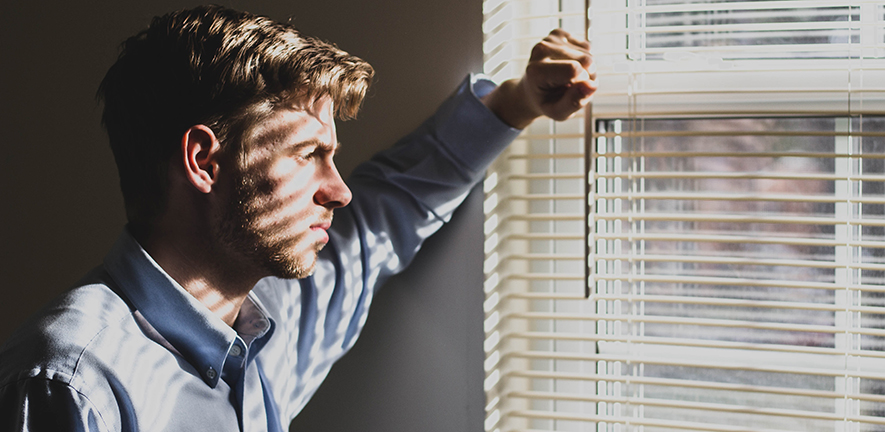Neuroprotection
Bluelighter
- Joined
- Apr 18, 2015
- Messages
- 1,265
Yes and no. It only has because most people with depression don't have depression. Like if you can say "I'm anxious about..." or "I'm depressed because..." then you don't have an anxiety disorder or depression, you're experiencing a normal emotional reaction to something. But a lot of people in those situations get prescribed anti-depressants (and I'm not saying they necessarily shouldn't) but they make up the majority of people diagnosed with those conditions and obviously they don't have any sort of imbalance.
For me, no type of thinking/talking therapy has ever made any difference at all, but medications have made a big difference.
EDIT: I actually watched a documentary on the harm of psych meds not that long ago and I think the real results on SSRI/SNRI's were that about 1/3rd of people benefitted from then, they were ineffective (or made negligible difference) in around 1/3rd of people and had a negative impact on about 1/3rd of people.
I wouldn't say a med that only helps ~33% of them time was a great result, but there's definitely a place for them as they help millions of people. Kind of like how anti-psychotics can be really damaging and have permanent, disabling affects for some people, but also allow millions to live normal lives.
Personally, I would 100% be dead without Sertraline/Zoloft.
Yes, true. I’m glad SSRIs worked for you. there’s probably always a place for strong medications like this. my problem isn’t really with the development of SSRIs or there use at a certain point of time, I just think that given their potentially serious side-effects it’s time we moved on from using them as a first line treatment. same with antipsychotics targeting the D2 receptors. given the rapidly advancing knowledge in the neuroscience field, there are plenty of new potential targets, yet pharmaceutical companies just focus on making new analogues of old drugs with practically the same mechanism of action. as I’ve mentioned on many threads including this one, the reward system plays a major role in depression. there are quite a few studies about the role of the nucleus accumbens in depression, so why is it that we are focusing so much on serotonin and so little on dopamine and glutamate.





